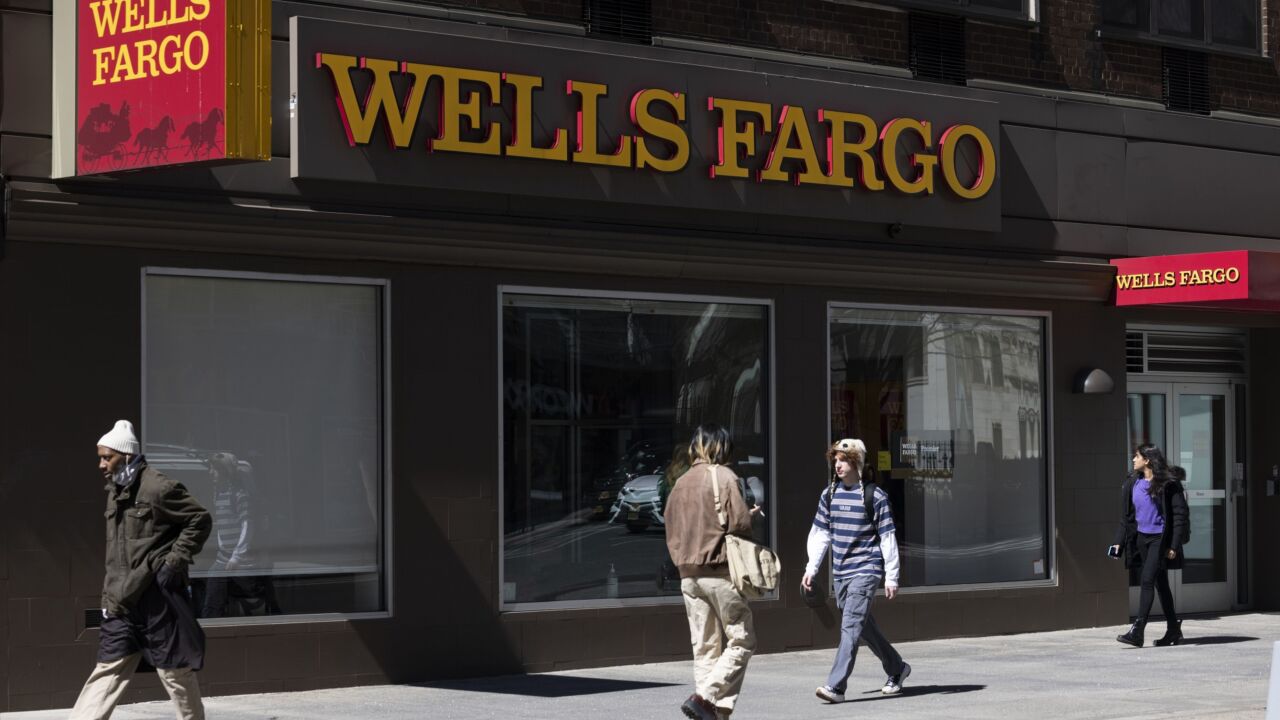Dwolla executives have always been confident in its payments technology, but admittedly had a hard time explaining it to prospective clients — especially larger ones.
In
"Dwolla runs now as a later-stage startup and we really need to think about how we want to run the business as an enterprise-class business and support enterprises going forward," Glaser said. "That is what I will focus on this first year — process, automation and partnerships."
Glaser's hiring is the latest step in a transformation Dwolla began last year, when founder and chairman Ben Milne stepped back from his CEO position. It hired

"When you go up into selling into really large publicly traded companies, or into distribution channels that can funnel into those really large companies, the processes change and the vernacular changes," Milne said. "Dwolla has historically not had that DNA."
Glaser is no stranger to Dwolla. He's been friends with Milne for the past four years and the two spoke to each other regularly about payments technology and potential partnerships for Dwolla with Mastercard. Glaser brought plenty of experience from his time at Worldpay into the discussions as well.
"Our relationship, honestly, was like a mentor relationship where I was sharing some things with him that we were working on, and getting feedback from him," Milne said. "It was a great way to get to know each other."
It also was beneficial that the two had a mutual friend in Chris Moody, a partner with Foundry Group, who now is also a Dwolla board member.
The pieces fell into place when Milne and Harris spoke about bringing in a president/COO to help move Dwolla forward. Glaser was open to the idea of coming to Dwolla.
"It was obvious to me they had really developed this foundation of product with growing features and a real loyal customer base," Glaser said. "With that growth and combined with the advent of real time payments and how Dwolla is going to play in that space, Brady knew he needed a No. 2 from the payments space to move to that next level."
The Des Moines-based fintech has long had the ear of payments technology developers, having provided plenty of input to the Federal Reserve Board in its quest of the past eight years to promote faster payments development in the U.S. As part of that process, The Clearing House developed its RTP rails, and the Federal Reserve continues to test FedNow, its version of real-time payment settlement.
In the meantime, Dwolla continued to develop its own products and parlay its experience in mobile payments, creation of
Dwolla will continue to convert legacy systems into something far more powerful on the payments landscape, even if it has to do it piece by piece.
"The ACH platform that exists has been around for 40 or 50 years now, and it has evolved over the years, but it is still a core legacy platform being used with legacy interfaces built on back-end systems, making it more cumbersome than technology that exists today," Glaser noted.
Dwolla seized on the opportunity to develop tools and software development kits on top of that ACH platform in order to make it easier to use, Glaser added. "We really resolved one of the legacy concepts of batch processing, so companies don't have to send large files to their banks and then wait overnight for another large file to come back and be processed; they can send in real time."
Other gateways, providers, acquirers or debit networks have built interfaces as well, but aren't able to modernize their platforms as quickly. They generally have many different payments methods and servers to manage, so updating an ACH method isn't a top priority, Glaser said.
Glaser intends to follow a game plan to advance Dwolla similar to what he did as an executive at Cybersource more than 20 years ago when he helped guide the company back to growth after the dot-com crash depleted the company. After its rebuild, the company sold itself to Visa.
From there, Glaser helped automate many of the manual processes at Worldpay, starting in 2014, through the use of the company engineering team as well as off-the-shelf cloud-based products.
"I think we have an opportunity to serve different clients in different ways," Glaser said of Dwolla's future.
Small businesses and startups will always find Dwolla's services appealing, Glaser contended, but larger businesses already connected with other gateways like Stripe or the card brands may still want to use ACH or real-time payments, two areas of focus for Dwolla.
"Dave is joining us at a pivotal time in Dwolla's history. He will play a key role in helping Dwolla fuel innovation in real-time payments and provide our customers with the most options to move money," Harris said at the time of Glaser's hiring.





